Judith Gates spent years witnessing the heartbreaking decline of her husband, William Lazenby Gates, a former professional footballer whose brain was ravaged by the sport he adored. A new book chronicles their poignant journey, and the news channel sat down with Judith to discuss her relentless mission to protect future athletes.
When William Gates first sensed his mind slipping away, he made a heartfelt plea to Judith. “It’s too late for me,” he confessed, “but promise me you’ll do everything possible to prevent this for others.” William, once a stalwart defender for Middlesbrough and England’s youth team, hadn’t headed a ball since retiring the day before his 30th birthday in 1974.
Decades later, the toll of those countless impacts became painfully clear as the footballer-turned-businessman succumbed to a neurodegenerative disease.
Delving into Footballers’ Heart-Wrenching Challenges
This story has prompted writers to delve deeper into the miserable experiences of footballers who have endured heart-wrenching challenges throughout their careers. Driven by a need to understand, they consulted experts and conducted thorough research into the various brain disorders and injuries players can face. Their extensive investigation revealed numerous famous footballers from around the globe who have battled a range of debilitating brain injuries, shedding light on the darker side of the beautiful game.
Types of Brain Injuries in Football
Football, while beloved globally, has a dark side when it comes to player safety, particularly concerning brain injuries. Here are some common types of brain injuries that footballers face in their careers or lives:
- Concussions
A concussion is a mild traumatic brain injury (TBI) resulting from a blow to the head or body that causes the brain to move rapidly inside the skull. Symptoms can include headaches, dizziness, nausea, confusion, and sometimes loss of consciousness.
- Chronic Traumatic Encephalopathy (CTE)
CTE is a progressive, degenerative brain disease found in individuals with a history of repetitive brain trauma, including symptomatic concussions and asymptomatic subconcussive hits to the head. Symptoms include memory loss, confusion, impaired judgment, aggression, depression, and eventually progressive Dementia.
- Second Impact Syndrome
Second impact syndrome occurs when a person suffers a second concussion before symptoms from an earlier one have subsided. This can lead to rapid and severe brain swelling, often with catastrophic consequences, including death.
- Post-Concussion Syndrome
This condition involves prolonged symptoms of a concussion, such as headaches, dizziness, fatigue, irritability, and difficulty concentrating, lasting weeks or months after the initial injury.
- Intracranial Hemorrhage
An intracranial hemorrhage is bleeding within the skull, often caused by a traumatic injury to the head. This can lead to increased pressure on the brain, requiring immediate medical intervention.
Famous Footballers Affected by Brain Injuries
Several renowned footballers have suffered severe brain injuries, bringing attention to the risks associated with the sport. Here are their stories and the treatments they received:
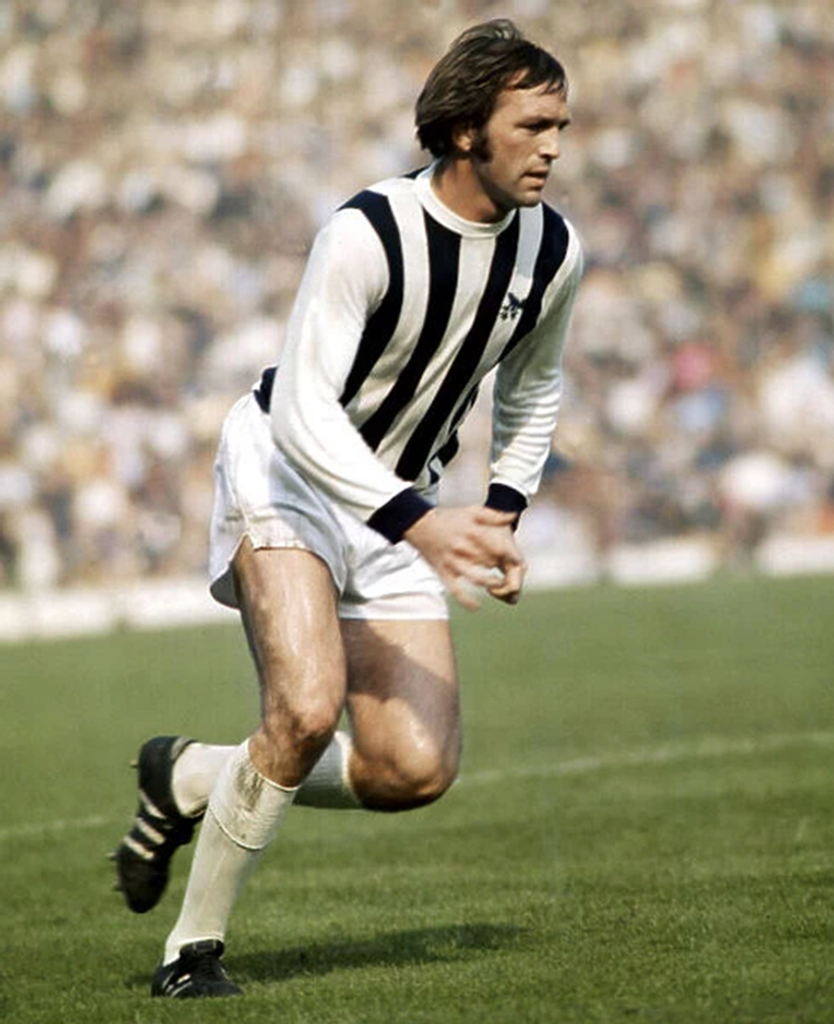
- Jeff Astle, England (1942-2002)
Jeff Astle, a former striker for West Bromwich Albion from Eastwood, Nottinghamshire, became a tragic symbol of the dangers of repeated head trauma. His death in 2002 was linked to Chronic Traumatic Encephalopathy (CTE), often associated with heading heavy leather footballs. Astle’s treatment focused on managing symptoms of depression, memory loss, and coordination issues, but unfortunately, there were limited options available at the time for effective intervention or reversal of CTE.
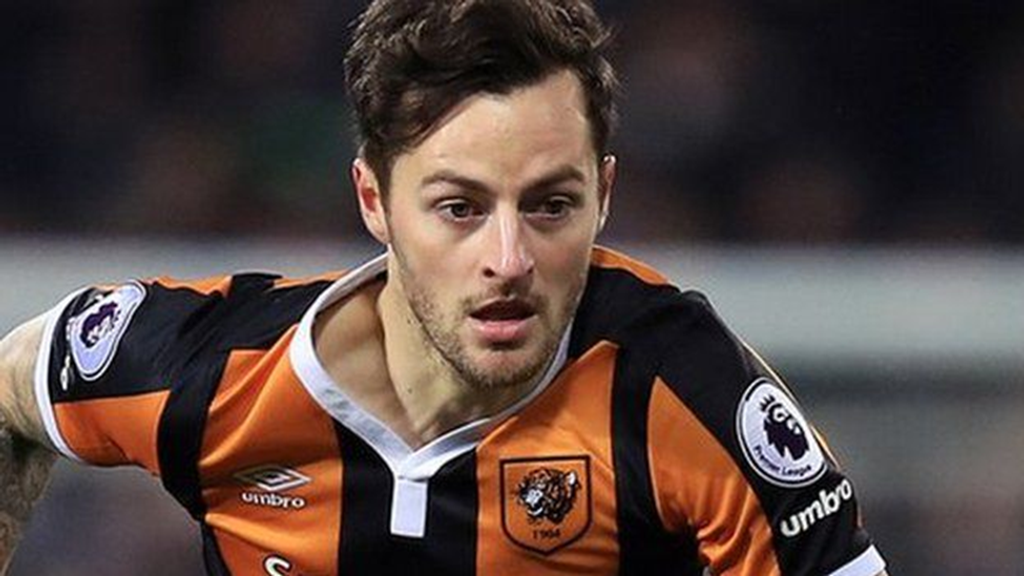
- Ryan Mason, England (2008-2017)
Hailing from Enfield, London, Ryan Mason, a midfielder for Hull City, was forced to retire at the age of 26 after suffering a skull fracture and bleeding on the brain during a match against Chelsea in 2017. Mason underwent immediate surgery to relieve the pressure on his brain and repair the fracture. Post-surgery, he received extensive rehabilitation, including physical therapy to regain his motor skills and cognitive therapy to address any lingering effects of the injury. The risk of further damage led to his early retirement despite his recovery.
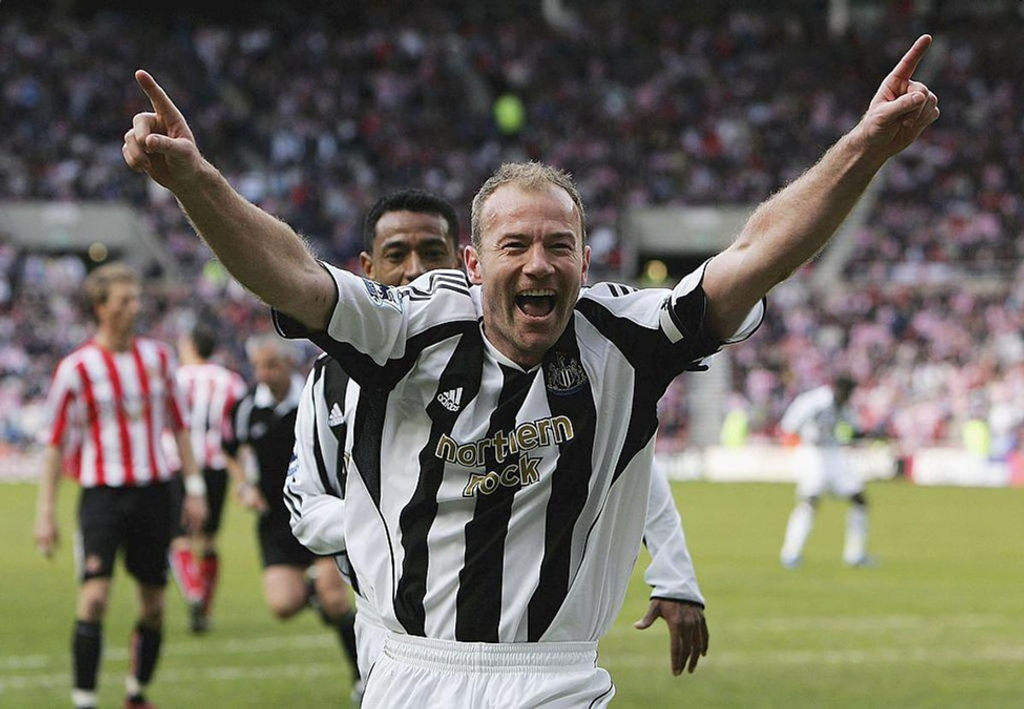
- Alan Shearer, England (1970-2006)
Newcastle’s hometown hero, Alan Shearer, who played for Newcastle United and Blackburn Rovers, has openly expressed concerns about developing Dementia due to the numerous headers he performed throughout his illustrious career as the Premier League’s record goal-scorer. Shearer has been proactive in monitoring his cognitive health, engaging in regular check-ups and brain scans. He also participates in cognitive training programs and advocates for better protective measures in the sport to prevent similar fates for future players.
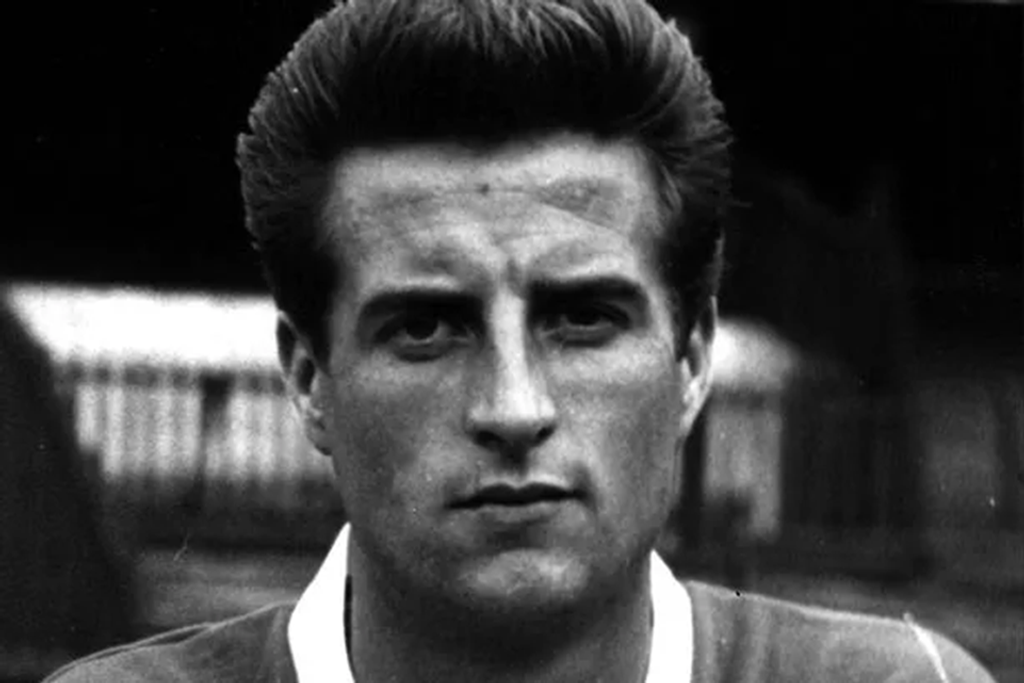
- John Barry Pierce, England (1934-2020)
Famously known as Barry Pierce, an English professional footballer who played inside forward in the Football League for Crystal Palace, Millwall, York City, and Exeter City, as well as non-League football for Truro City and Salisbury City. A former NFL linebacker, Barry Pierce played with a fearless, physical style that led to numerous head injuries. After retiring, he experienced severe symptoms like memory loss and mood swings, eventually being diagnosed with Dementia. Pierce advocated for better player health protocols and greater awareness of brain injuries in sports. His story has prompted stricter concussion protocols in the NFL and highlighted the need for ongoing research on brain trauma. Pierce’s advocacy has been instrumental in protecting future athletes and raising awareness about the long-term impacts of contact sports.
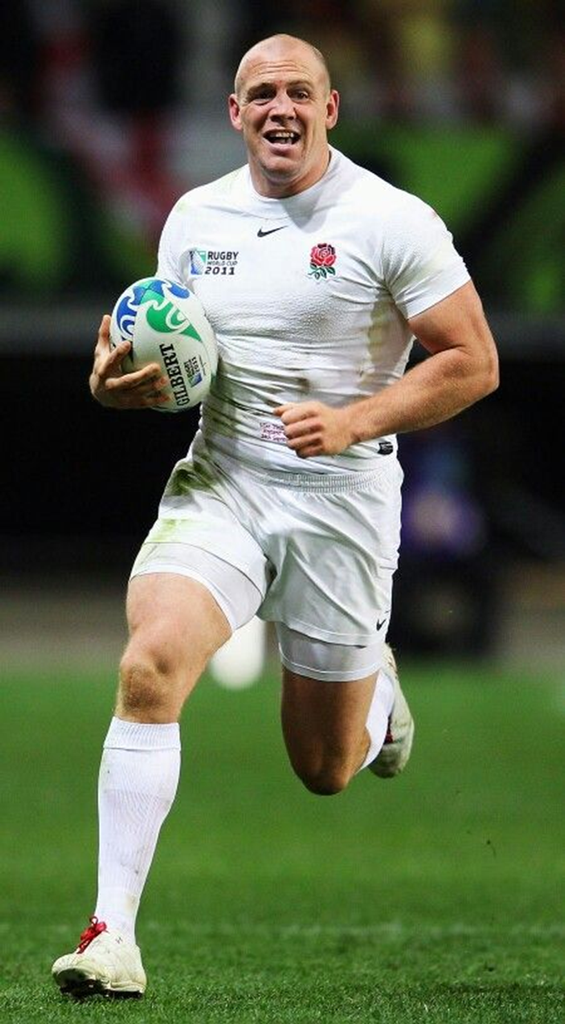
- Michael James Tindall, England (1978-2014)
Mike Tindall, a former English rugby union player and member of the British royal family, served as an outside center for Bath and Gloucester, accumulating 75 caps for England from 2000 to 2011. He contributed to England’s victories in the 2003 World Cup and the 2003 Six Nations Championship. Tindall endured an injury during the 2007 Rugby World Cup and was later diagnosed with Alzheimer’s disease, prompting his retirement from professional rugby.
Conclusion
In conclusion, the fight to protect footballers from brain injuries continues, with advocates like Judith Gates leading the charge. Their stories powerfully remind us of the game’s inherent risks and the need for better protective measures and awareness. The experiences of players like Jeff Astle, Ryan Mason, Alan Shearer, John Barry Pierce, Michael James Tindall, and William Lanzeby Gates illustrate the devastating impact of brain injuries and the necessity of early intervention, comprehensive treatment, and ongoing research to safeguard the health of athletes. As the sports community rallies together, it is hoped that these efforts will lead to a future where the love of the game does not come at the cost of players’ long-term health.
References
- The Middlesbrough footballer’s widow trying to save future players [Internet]. Accessed on June 03, 2024. Available at: https://www.bbc.com/news/uk-england-tees-69037557
- 7 Famous Football Players Who Suffered Colossal Head Injuries [Internet]. Accessed on June 03, 2024. Available at: https://www.footballdive.com/2024/04/14/7-famous-football-players-who-suffered-colossal-head-injuries/
About Docquity
If you need more confidence and insights to boost careers in healthcare, expanding the network to other healthcare professionals to practice peer-to-peer learning might be the answer. One way to do it is by joining a social platform for healthcare professionals, such as Docquity.
Docquity is an AI-based state-of-the-art private & secure continual learning network of verified doctors, bringing you real-time knowledge from thousands of doctors worldwide. Today, Docquity has over 400,000 doctors spread across six countries in Asia. Meet experts and trusted peers across Asia where you can safely discuss clinical cases, get up-to-date insights from webinars and research journals, and earn CME/CPD credits through certified courses from Docquity Academy. All with the ease of a mobile app available on Android & iOS platforms!







